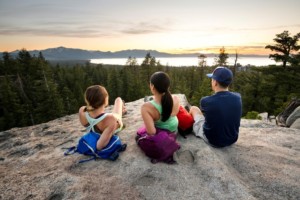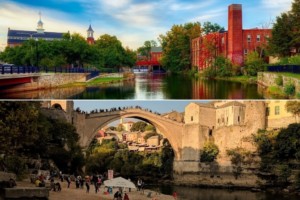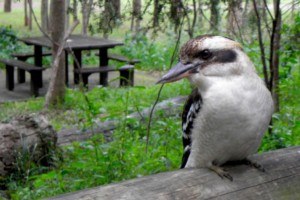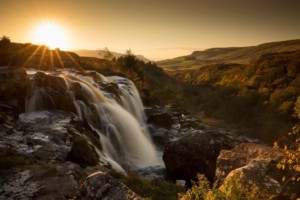From overtourism to no tourism in Seychelles: What now for conservation?
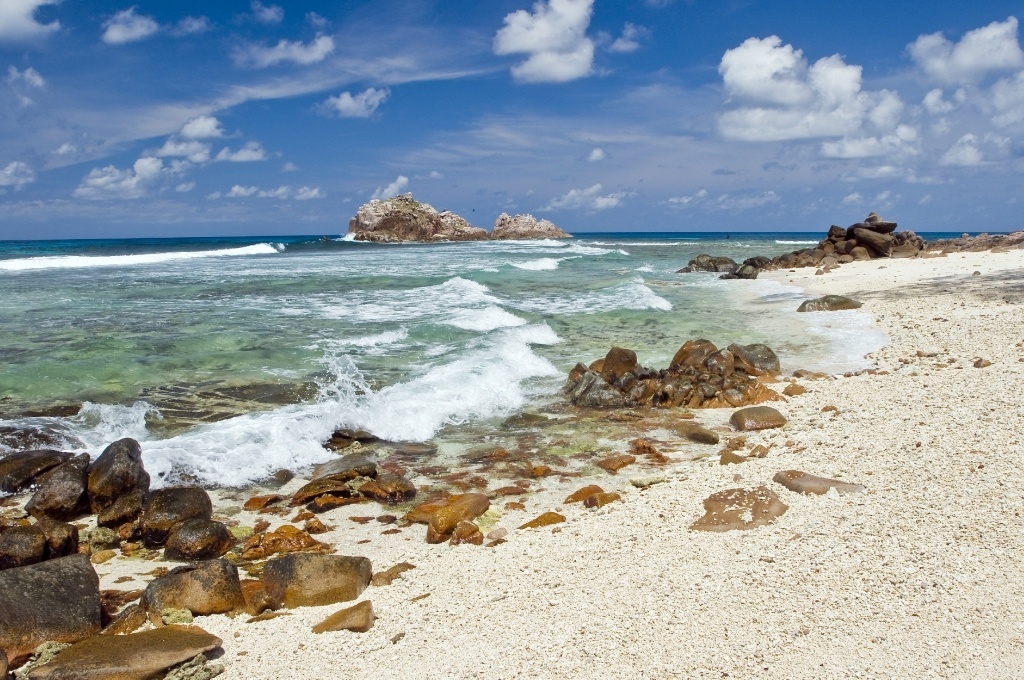
Acclaimed environmentalist and sustainable development pro Dr Nirmal Shah has no solution to conservation’s budget crisis in the COVID-19 era. And no-one else appears to have any answers either. In this “Good Tourism” Insight, the Nature Seychelles chief offers a brief history of ecotourism in Africa’s most prosperous nation and lets us in on the quandary he’s facing.
In Seychelles, we have always known that tourism has a dark side. Tourism in many countries has led to pollution, loss of natural resources, conflicts with local people, sexual exploitation, and so forth.
Fortunately we have avoided many of these thanks to a quite sanguine understanding of who we are as a nation and how we stand in the world community. We are one of the smallest countries in the world with very few resources in the middle of an ocean a “thousand miles from anywhere” as the first tourism tagline said.
Back in the 1970s when the international airport was being built the Seychelles tourism board, of which my Dad was a member, agonised over what kind of tourism Seychelles would attract. From the old Minutes of Meetings I’ve seen there was consensus around what they did not want. They didn’t want anything resembling what they called charter tourism, or backpack tourism, or mass tourism.
Knowing full well that Seychelles had no other natural resources than postcard-perfect islands with azure blue ocean, powder-white beaches, and tall green mountains, they wanted something up-market; a tourism based upon and supportive of the people and natural environment of Seychelles.
As time has gone by this vison of quality over quantity has become more sophisticated, but it has mostly worked. Indeed tourism dollars have played the major role in propelling Seychelles into the unique position of being the only high-income nation in Africa, and the African country with the highest Human Development Index.
Seychelles tourism has relied upon nature and paid for its conservation
Conservation successes in Seychelles are intricately tied to tourism revenues. An oft-cited example is the iconic Cousin Island Special Reserve, which was purchased by BirdLife International in 1968 to save the world’s rarest bird, the Seychelles warbler.
BirdLife and Lars Eric Lindblad — the visionary who brought high-end nature cruises to the Indian Ocean — kick-started tourism on Cousin Island in 1972 to fund conservation. It was one of the first stunning examples of what became known as “ecotourism” at work.
Pre-COVID, the Cousin Island Special Reserve was the longest-running ecotourism program in Seychelles. It funded some of the world’s great conservation success stories and is (or rather was until COVID) what a former Seychelles Minister of Tourism & Culture called “a perfect marriage between tourism and conservation”.
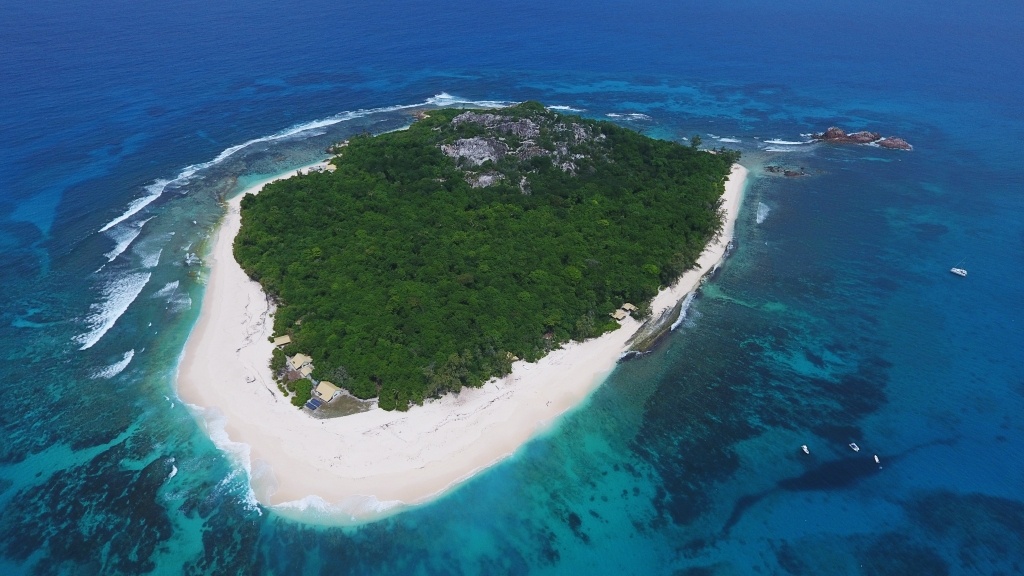
There are (or rather were until COVID) lots of other examples of such marriages in Seychelles. For example, some of the high-end resorts on private islands have collaborated with Nature Seychelles in rehabilitating ecosystems and saving critically-endangered birds. Many took over management of these critical conservation programs so that we could focus on others.
Other stakeholders have deployed corporate social responsibility (CSR) initiatives to undertake turtle conservation, coral reef rehabilitation, mangrove reforestation, and environmental awareness programs, and work with other local conservation groups. All of these programs too, from the grandest to the humblest, have been left high and dry by COVID.
From our first touch of overtourism to the sucker punch of no tourism
Two years ago overtourism reared its ugly head in Seychelles. We noticed it first on Cousin Island and rapidly took measures to curtail it.
Today we have no tourism.
When the COVID-19 crisis hit, the Seychelles tourism industry unravelled so fast. Since April, that “perfect marriage” and pioneer of ecotourism Cousin Island Special Reserve has had no revenues at all. This is extremely worrying as our long term programs for monitoring, restoration, research, surveillance, enforcement, and maintenance are now all in jeopardy. Nature Seychelles needs a replacement for tourism to fund the recurrent budgets for the Reserve and our other conservation programs.
When I posted a blog entitled “I don’t know how to replace tourism as the main funding source for conservation. Do you?” on a professional social network I didn’t expect the number of comments I eventually received.
Some people were confused by my question because they think that there are many funding opportunities, such as the Seychelles Conservation & Climate Adaptation Trust (SeyCCAT). But these fund projects. The problem right now is the recurrent budget — items such as salaries, fuel, insurance, repairs, maintenance et cetera — that donors don’t fund. These running costs were paid out of tourism revenues.
However, the majority of the responses interpreted the crash to be a function of an inherent problem with tourism. The narrative was: “Tourism is not a sustainable model … tourism is exploitative … local people don’t benefit from tourism … tourism belongs to elites … five-star resorts damage the environment … tourism is a major cause of climate change … air travel has to be curbed …” and so it gathered steam and went on.
After a month of this and 12,489 views and almost 200 comments later I was no wiser than I had been when I first posted the article. While I wasn’t expecting a magic wand, I’m sad to say that no-one had come up with an even remotely useful idea.
What this shows is that there is no straightforward way to replace tourism as the core funding mechanism for conservation … in Seychelles at least.
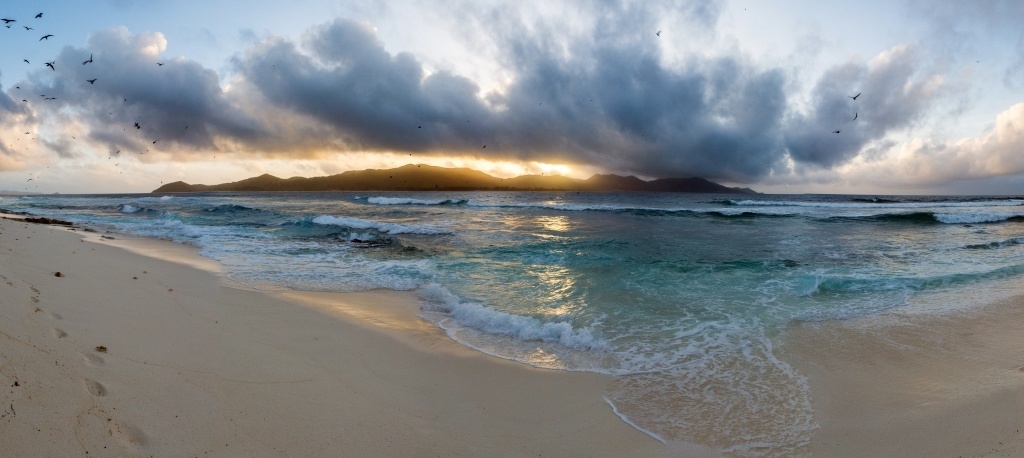
As I have acknowledged for many years, tourism has come easily to Seychelles. There were really no other development options readily available after independence in 1976; after more than 200 years of an exploitative agricultural economy. With Seychelles’ easygoing cosmopolitan society, incredible landscapes and seascapes, none of the usual tropical diseases like malaria, and no disasters like cyclones, tourism took off even before our international airport was opened.
The authors of Seychelles’ first tourism policy were adamant about tourism benefitting nature and local people. They had seen budget flights landing in Kenya, groups of spearfishers hunting on the reefs off Zanzibar, backpackers throughout the East African coast, and they wanted none of it. And they were right.
Tourism in Seychelles has worked. Everyone has benefitted directly or indirectly, and our natural environment has been maintained.
But now that tourism has crashed, what do we do?
No-one seems to know!
Do you?
What do you think? Share a short anecdote or comment below. Or write a deeper “GT” Insight. The “Good Tourism” Blog welcomes diversity of opinion and perspective about travel & tourism because travel & tourism is everyone’s business.
Featured image (top of post): Seychelles is well known for its natural beauty (Photo: Nature Seychelles, Peter Chadwick)
About the author
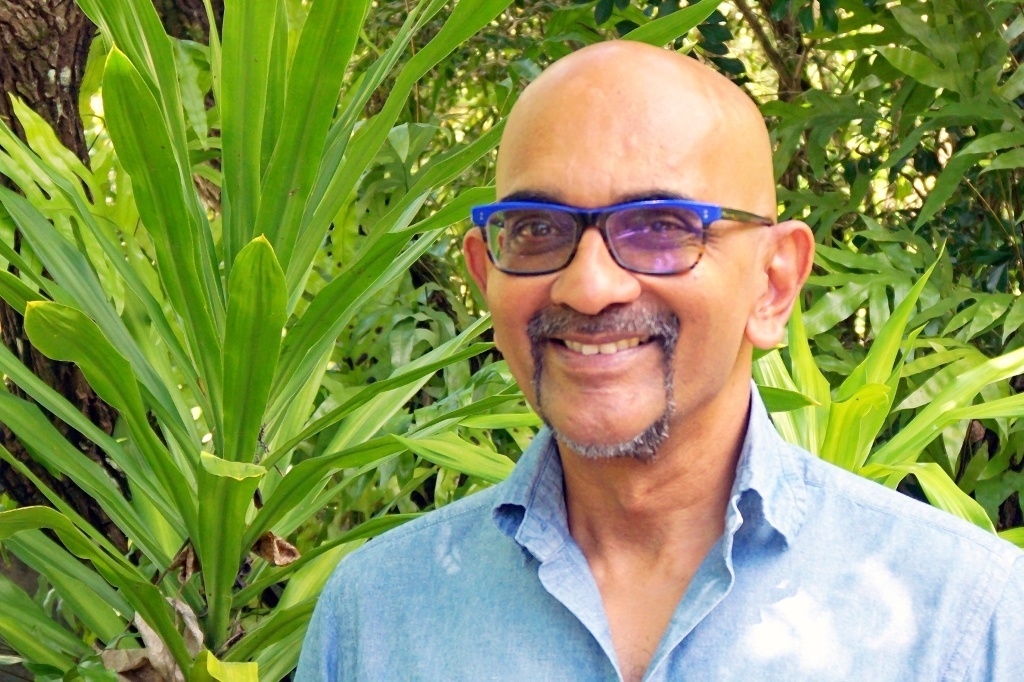
Nirmal Jivan Shah is a multiple award-winning Seychellois environmentalist and sustainable development practitioner with almost 40 years of experience in the government, private, and NGO sectors and as a consultant for the World Bank, IUCN, UNESCO, UNEP, and others. He currently serves Nature Seychelles as its chief executive and manages Seychelles’ longest-running ecotourism program, which started in 1972 on Cousin Island.
Having led projects and programs in fisheries, climate change, coastal zone management, agriculture, tourism, waste management, marine science, blue economy, and other fields, Dr Shah has initiated world-acclaimed projects, including saving critically-endangered birds, introducing wildlife clubs and environmental curricula in schools, making Cousin island the world’s first carbon-neutral nature reserve, and creating the world’s largest coral reef restoration program.
Nirmal has appeared on CNN, BBC, Skynews, PBS, SABC, NBC’s The Today Show, and many others. He has written hundreds of articles, technical reports, and papers and has been quoted in newspapers such as the Guardian, the Observer, Economic Times and the Financial Times.


